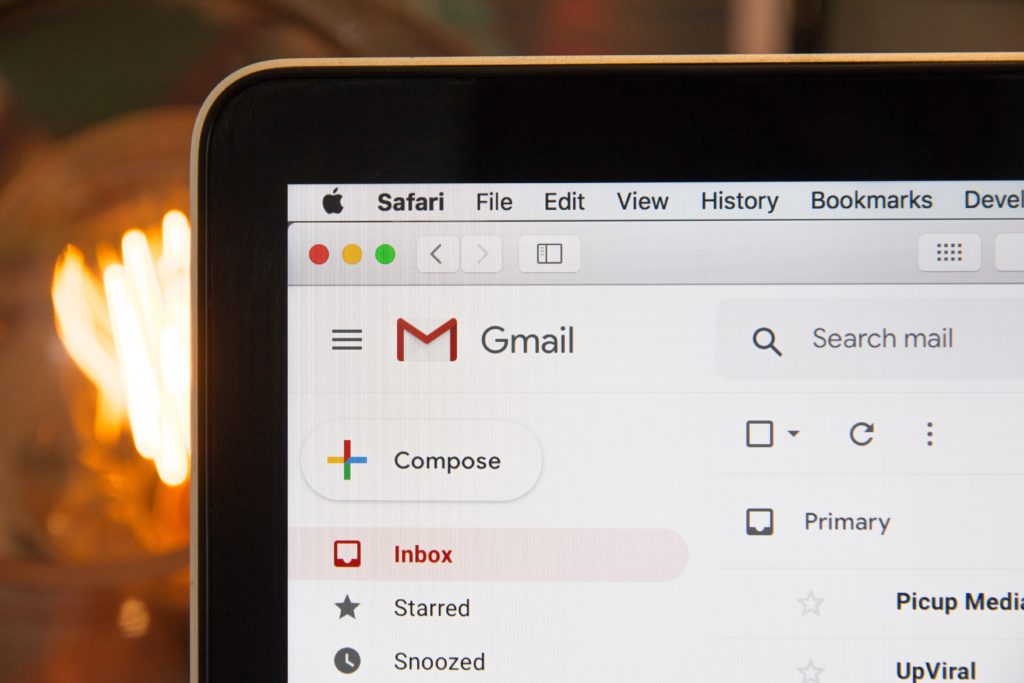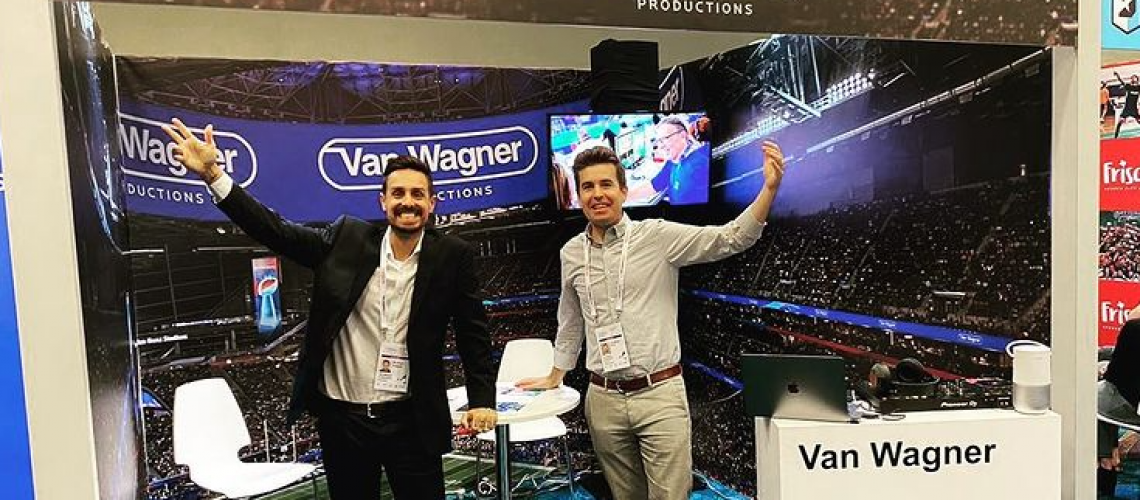Even for the seasoned professional, pulling off a live event takes a substantial amount of planning, along with the inevitable blood, sweat, and tears required to make it a smashing success. And although some personal flair is essential, there is no need to blaze a new trail.
Here are 15 expert hosting tips for event organizers on how to plan an event that stands out so they sit back and enjoy the show…or at least enjoy the show while in action.
Related: 10 Ways To Differentiate Your Hybrid Event & Keep Virtual Event Engagement
15 Live Event Hosting Tips
1. Define Event Goals
Like all major endeavors, it’s impossible to arrive if there is no established destination. To run a successful live event, planners have to know what end goal they want to achieve in order to forge a path to get there. Get clear on what will define success.
Is it sales, brand awareness, or team building, for example?
Defining the type of event is another great place to start. Is the best approach a networking event or an expo? Should the event have a VIP vibe, or is an intimate setting preferable? Getting a solid grasp on these questions will guide decisions on everything from venue choice to beverage options.
The design program company Adobe had a challenge with their event and we gave them a solution. Read our case study to learn what it was and how we can do the same for your next event.
2. Know Your Audience
Equally important for outlining an action plan is defining who the event is for. Getting a clear grasp on the characteristics and needs of the target audience will guide organizers in deciding how best to meet those needs.
Some questions to consider might be:
· Who is the event meant to serve?
· Is this event for professionals, personal growth, lifestyle, entertainment, etc.?
· What challenges or obstacles does the target audience face?
· What are the primary goals of the target audience?
· What will the audience gain from the event?
3. Choose an Appealing Topic
To draw an impressive crowd, the event topic needs to be equally so. Some industries might be more challenging than others to find new and exciting themes to highlight, but there are always ways to add a fresh twist or edge to intriguing.
When people invest time and money to attend a live event, they expect to receive something of value, whether that’s new tools and skills, networking opportunities, or simply an entertaining, positive experience. Select nuanced topics to draw participants in, while making sure the content is appropriate for the knowledge level they have on average.
4. Create Event Brand
To create a buzz, create a brand- one that stands out but still aligns with the look and feel of the host’s original branding. Stick with the logos, colors, and messaging to enhance brand recognition and awareness that will be reinforced through event marketing campaigns.
A highly effective way to promote the event is with a dedicated website or landing page and streamlining the registration process. Site links can be easily integrated into marketing content to streamline the registration process and provide participants with all they need to know about the event agenda, speakers, and logistics.
Don’t forget to utilize all social media channels to generate excitement and engagement, peppering in polls, contests, and teasers about announcements, updates, and other event happenings.
5. Put Together a Great Team
An event will only be as smooth as its team is strong. With live events, there is no screen to hide behind, so all hands on deck need to be on point, as well as polished and professional.
Each team member’s role and associated tasks should be clearly defined, practiced, and reviewed before the event starts. Adequate tech support is essential, both to help with the live event as well as website issues, including audio/visual experts to ensure everything runs smoothly and any mishaps are remedied with no major disruptions.
There should also be a team member in charge of preparing (and corralling) all the presenters to keep things on schedule, as well as specific staff dedicated to managing registration and checkout.
6. Find a Fantastic Speaker

Recruiting amazing speakers can elevate an event from good to spectacular, both in the overall experience and the ROI. Start researching as soon as possible to find a popular figure with credibility and relevant expertise who will attract and captivate the audience. And remember, sometimes a unique perspective and compelling personality has a bigger impact than a name or loaded bio.
7. Choose Date Carefully
Set aside time to brainstorm the event date with the entire team to think through ideal dates and any potential conflicts. Consider the typical schedule of the target audience to assess what days/times would be most feasible and appealing. And make sure to avoid scheduling the event around major holidays or popular vacation days.
8. Choose Your Platform
The ideal platform will depend on the scale of the event and whether or not there will be a virtual component. Regardless, integrating user-friendly software to streamline online registration and event sales will be appreciated by staff and participants alike. Additionally, adding some technology enhancing features will make the experience more dynamic and stimulating for the growing number of tech savvy enthusiasts.
Related: Virtual Production Platform Review
9. Create Network Opportunities
Promoting social engagement at live events is relatively straightforward, and a major reason why participants register. However, creating quality networking opportunities has proven to be more challenging in a virtual context. Luckily, online platforms have risen to the occasion with features like live streaming, virtual gathering spaces, and gamification, just to name a few, greatly enhancing engagement among and between online and virtual participants.
10. Send Email Invitations

With social media dominating the marketing world, organizers forget that email campaigns are still one of the most effective marketing tools they can use to promote an event. Leveraging current subscriber lists and those from past events is a great way to reach individuals already familiar with an organization’s brand. Email is also a great way to send reminders, updates, and details about the event.
11. Test All Tech
Before the event begins, make sure to test run all technology, including sound, video cameras, lighting and test wifi speed. Recruit team members to check the audio and visual quality for presentations and entertainment from different points in the audience. If using an event platform, make sure to practice using all the features well in advance of the event and double check that everything works before showtime.
12. Prepare Your Presenters
To set everyone up for success, do a practice run with presenters, making sure they and the staff have all necessary content, media, and visual aids ready to go. It’s also important to review all speeches and content in advance to make sure the content and message is aligned with the theme and tone of the event.
Presenters should be made aware of their exact start time and their expected run time.
13. Provide Content
The best way to maximize an event’s impact and ROI is with valuable content that extends beyond the life of the actual event day. Record content that can be shared with attendees and other interested followers and encourage presenters to share any of their content and online resources with attendees during and after the event. Organizers can also repurpose event content for marketing and branding efforts.
Related: 10 Strategies for Designing Your Event’s Content
14. Get Post-Event Feedback
It’s tempting to want to put the event to rest when the curtains fall. But soliciting honest feedback from participants, as well as staff members, will provide invaluable information to improve the experience on all fronts. Send out a survey within 24 hours while the event is fresh, which is also the perfect time to thank everyone for their participation and contribution.
15. Evaluate the Data
If used wisely, event data, combined with social analytics, can be a treasure trove for event organizers, impacting everything from targeting strategies to registration processes to engagement tactics. Detailed and well-presented data can help solicit partners and sponsors for future events, as well as inform decisions on where and how to boost technology and marketing efforts in ways that provide the highest ROI.
The Experts’ Bottom Line
Whether it’s inviting people to attend a major conference or tune in for an online fundraiser, planners have to find ways to make their event an affair to remember. And although the competition is real, the planning process doesn’t have to be painful.
These 15 tips will not only keep organizers on track, but they will ensure audiences are full, engaged, and excited to share their experience with next year’s participants. Take your next event to the next level by partnering with Van Wagner. Speak to one of our representatives and we will let you know how to get started.


